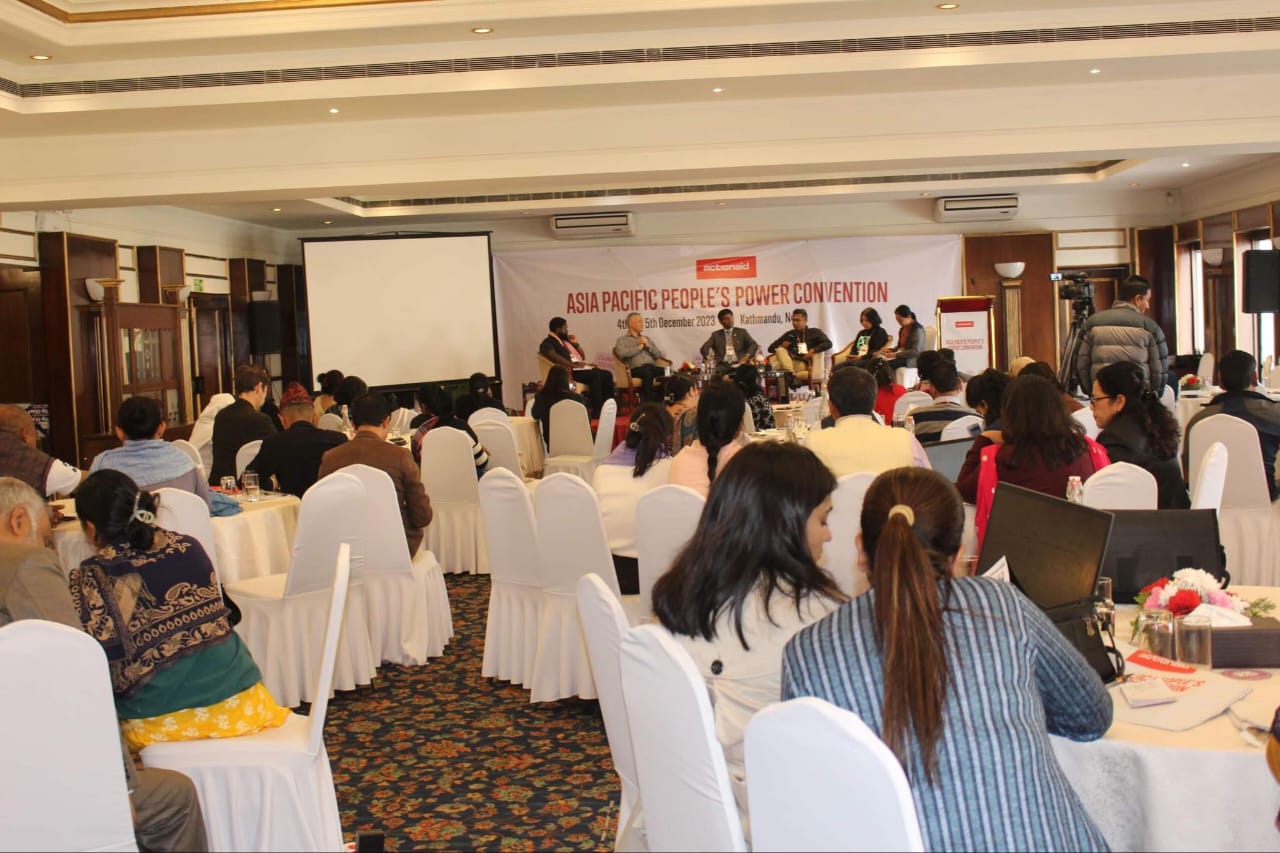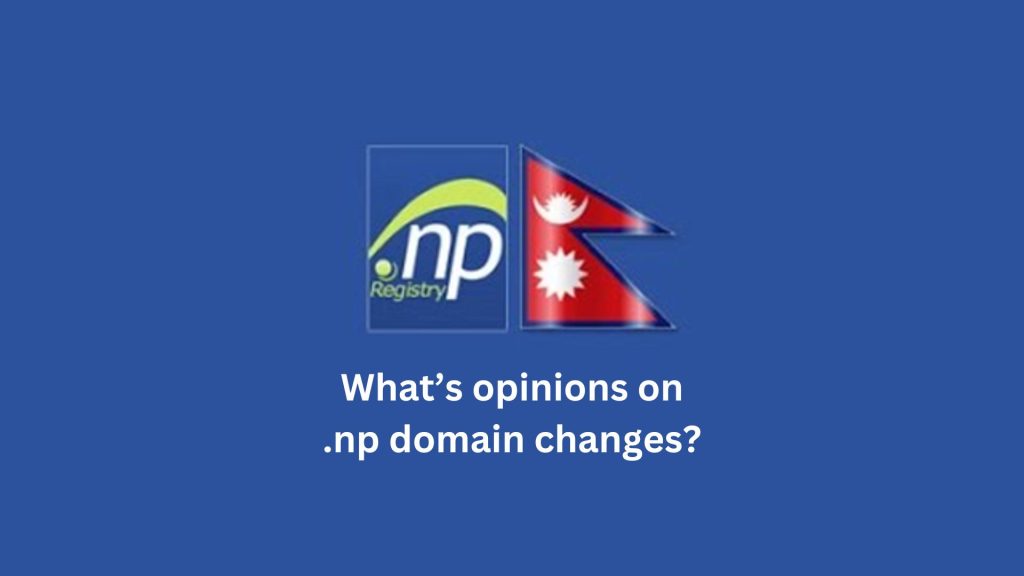Enhancing Nepal’s Education Sector Through Teacher Management and Investment
An interactive program titled “Teacher Management and Investment in Education” was successfully concluded in Kathmandu, aiming to elevate the quality of education in Nepal and address its existing shortcomings. Held in the capital city, the dialogue program on Wednesday emphasized the crucial role of investing in teachers to enhance the overall quality of education.
The interactive program witnessed strong participation from various stakeholders, all of whom were engaged in discussions related to teacher management and investment in education. During the event, Kamala Tuladhar, President of the Teachers Federation, highlighted a significant irony within the country’s education system: the lack of new teaching positions created since the year 2056(BS). Tuladhar emphasized that before placing blame on teachers for the decline in education quality, it is imperative to first address the shortage of teaching positions. With a teacher-student ratio differing by over 76 thousand, she stressed the need to allocate more resources to the education sector and increase the budget for improved outcomes.
Gunaraj Moktan, President of the Federation of Students, expressed concerns about the confusion prevailing among students and the diminishing appeal of the teaching profession. Despite the addition of new teachers, the hierarchy within educational institutions has remained unchanged. Moktan emphasized the necessity of defining teaching positions clearly and ensuring that schools operate with adequate budgets to achieve the desired quality. He argued that enacting laws alone would not bring about substantial change in the education sector; substantial financial investment is required. Therefore, the focus should be on increasing investment in education to bring about meaningful improvements.
Saroj Kumar Pokharel, Head of the Policy and Program Department at ActionAid Nepal, summarized the program by highlighting the discussions around teachers’ rights and stakeholder involvement. However, he pointed out a significant gap in the discussions – the rights and needs of children were not adequately addressed. Pokharel emphasized that the accountability towards children and the competency of teachers are critical aspects that require attention. He called for a collaborative effort between the government and various stakeholders to reevaluate and address these issues comprehensively.
In 2022, a research report on education investment and financing gaps, conducted by ActionAid Nepal and the National Campaign for Education Nepal, revealed that achieving Sustainable Development Goal 4 requires an investment of at least 4 billion 33 billion 890 million, double the current investment. To ensure practically free and high-quality education, it is imperative for governments at all levels to prioritize teacher-related issues and effective teacher management. Reports indicate a shortage of teachers across the country, underscoring the need for teacher recruitment and proper allocation based on student numbers to improve learning quality.
Taking this critical situation into account, organizations affiliated with TaxEd Alliance Nepal, including the Nepal National Teachers Association, Nepal Teachers Association, Institutional School Teachers Union Nepal, TaxEd International Nepal, Tax and Financial Justice Forum Nepal, and The National Campaign for Teachers Nepal, convened to discuss teacher management and investment in education. This collective effort aims to guide and direct efforts toward enhancing Nepal’s education sector.
 T
T

 T
T
ActionAid Nepal Unveils Climate Policy Landscape and Conducts 20th Social Audit

 T
T
Millsberry School Launches Prestigious A Level Program

CG Launches Hero Bikes in Nepal, Sets Up Assembly Plant



 T
T
Asia Pacific People's Power Convention Concludes in Kathmandu

 T
T
Enhancing Nepal's Education Sector Through Teacher Management and Investment

 T
T
ActionAid Nepal Unveils Climate Policy Landscape and Conducts 20th Social Audit

 T
T
ActionAid Nepal Celebrates International Youth Day with Life-Saving Blood Donation Program

 T
T
ActionAid Nepal Unveils Climate Policy Landscape and Conducts 20th Social Audit

 T
T
Millsberry School Launches Prestigious A Level Program

 T
T
Nepal Proposes Changes to .np Domain Registration

 T
T


